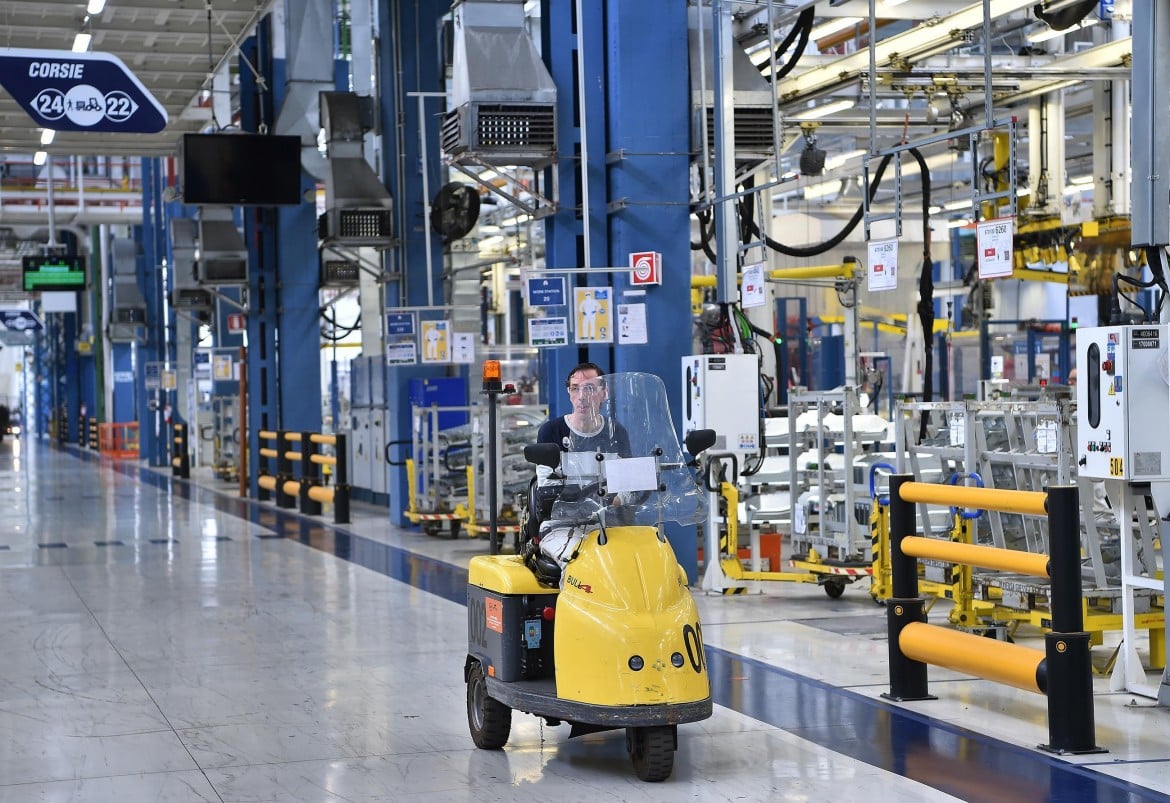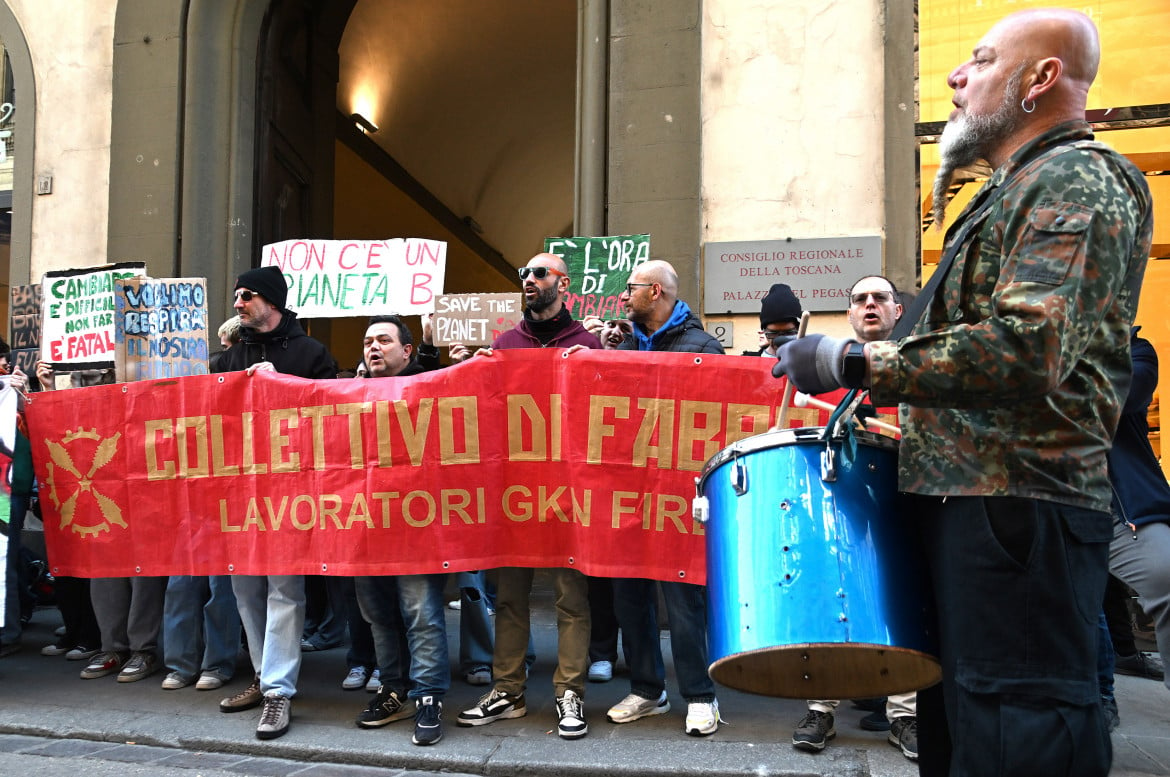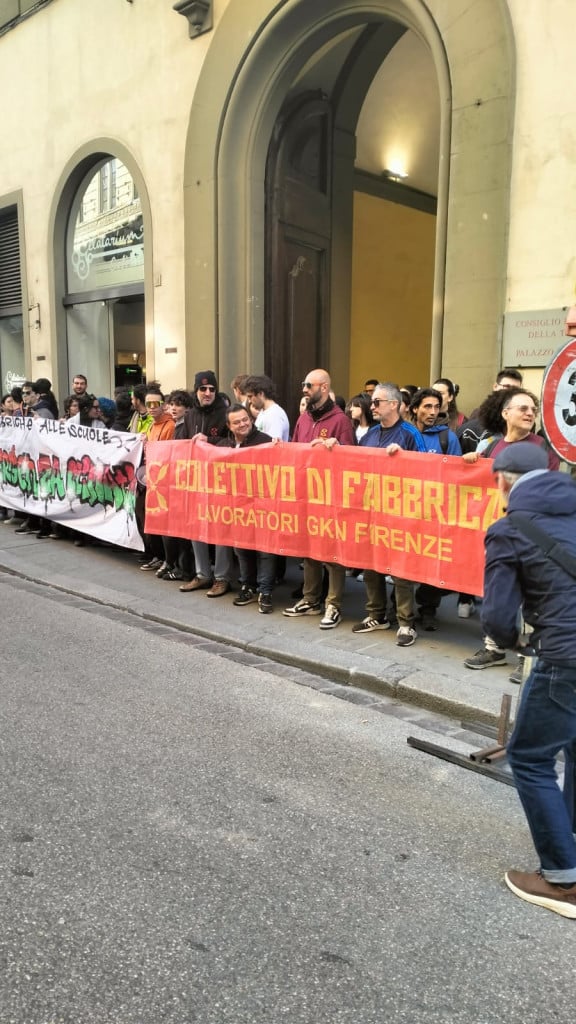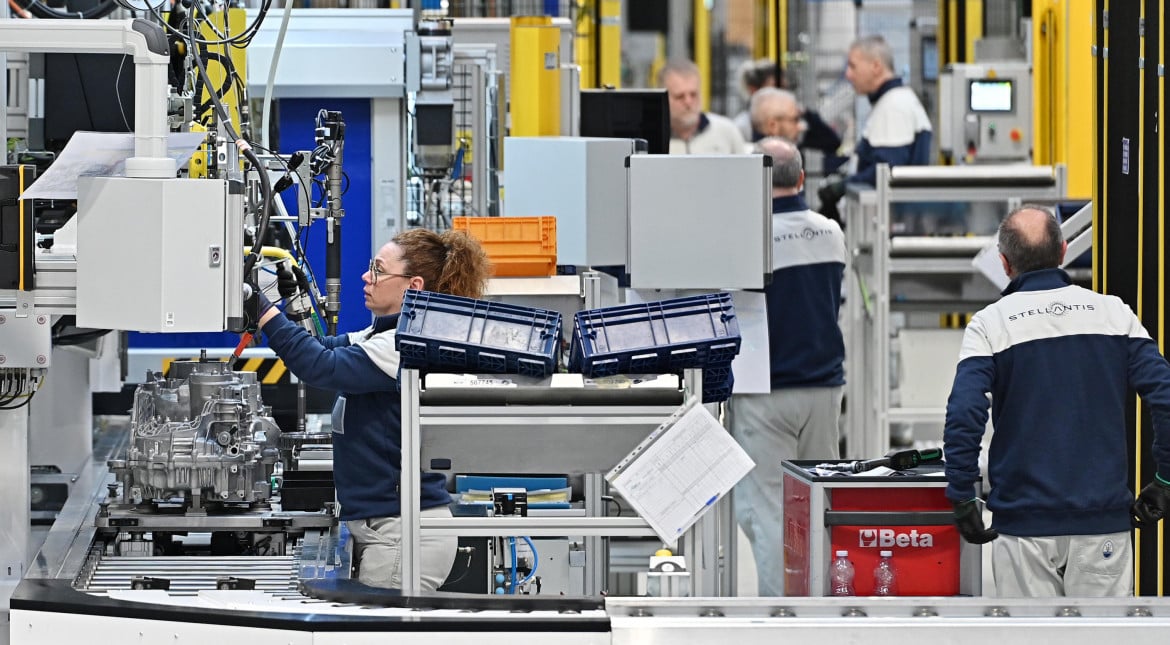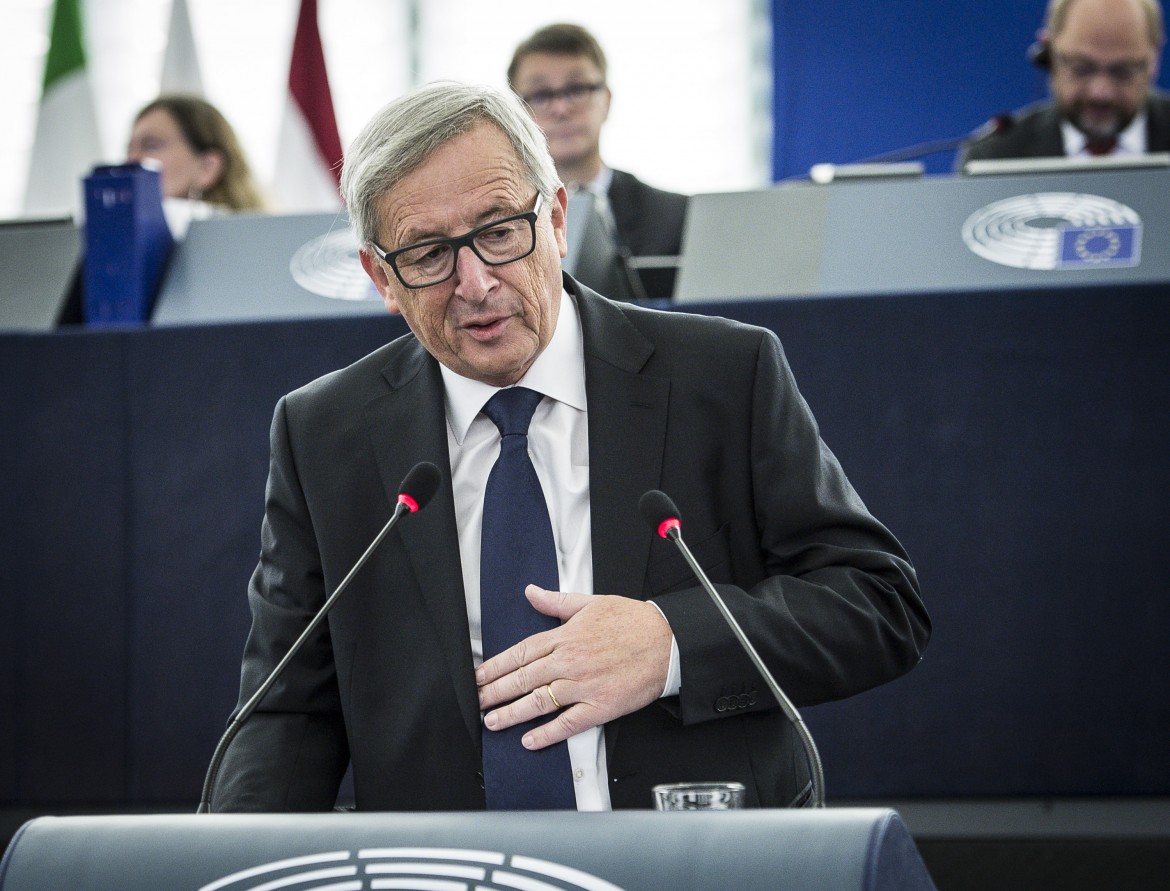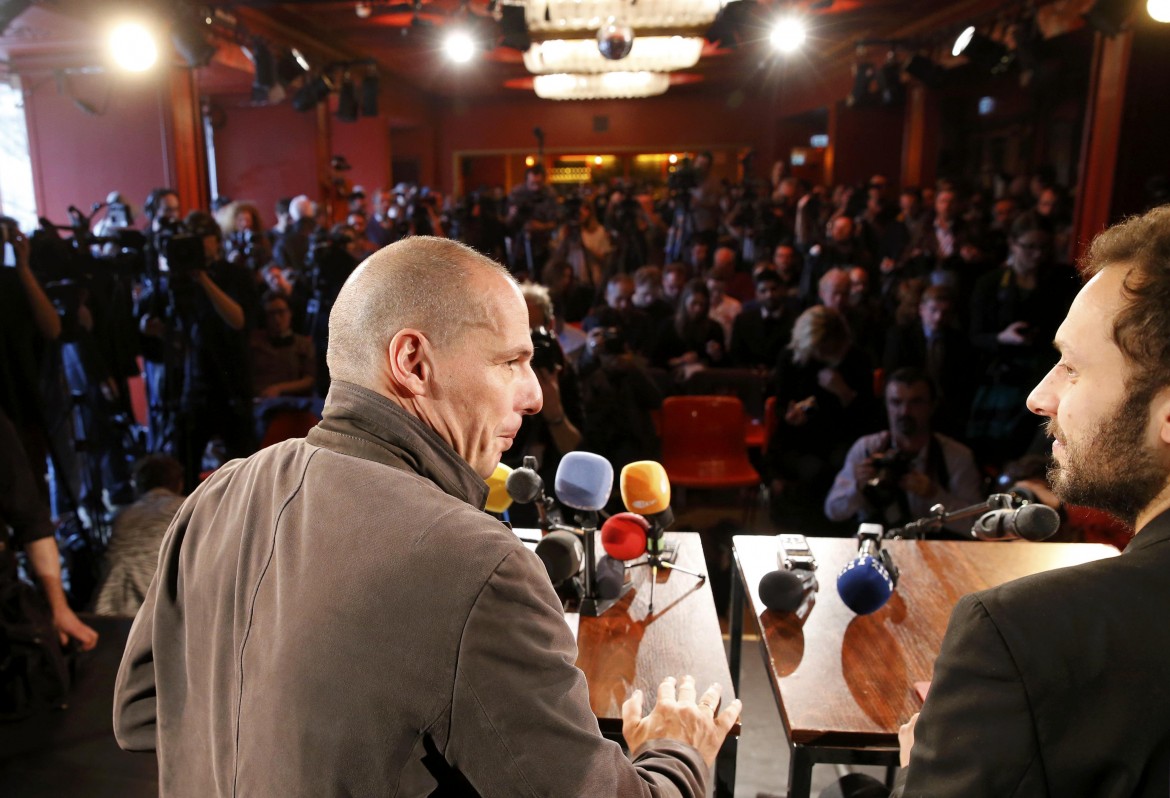The European Commission today levied multi-million-euro fines against Fiat and Starbucks for receiving sweetheart government deals, described as subsidies in disguise, that distorted competition in Luxembourg and the Netherlands, respectively.
Fiat and Starbucks, which will each have to pay up to €30 million, are only the first in a long line of multinational corporations to have obtained so-called “tax rulings,” secret agreements that amount to tax evasion but are entirely legal. Investigations by the European Competition Commission continue.
[do action=”citazione”]Last year, Starbucks’ Dutch unit paid less than €600,000 in tax while Fiat’s Luxembourg subsidiary paid less than €400,000.[/do]
The controversy has placed Luxembourg and the Netherlands in an uncomfortable spotlight.
Luxembourg abused tax rulings in the days when the current European Commission president, Jean-Claude Juncker, was prime minister and responsible for finance. The Netherlands, under Finance Minister Jeroen Dijsselbloem, is noted for its intransigence against Greece during bailout negotiations while Dijsselbloem was (and still is) head of the Eurogroup.
The European Competition Commissioner Margrethe Verstager is still investigating other companies, including Amazon in Luxembourg and Apple in Ireland.
The scandal broke a year ago following the release of LuxLeaks, a major investigation by the International Consortium of Investigative Journalists that brought together 80 reporters from Le Monde, The Guardian, the Asahi Shimbun in Japan, L’Espresso in Italy and dozens of other major news outlets.
According LuxLeaks, Luxembourg made secret agreements with 340 multinationals (including large banks) to apply tax rulings, in which profits earned around the world are transferred by accountants to a tax-friendly state. The corporations exercise great creativity to disguise these profits to tax authorities and save billions.
The mechanism works by transferring money to a holding company, a subsidiary or an investment fund in Luxembourg or other complicit countries that do not communicate the existence of these transfers to the states that should tax them. The deal is secret, conducted by the government and designed to circumvent tax officials in other countries.
The decision in Brussels to fine Fiat and Starbucks is also plagued with ambiguity, however, because the fine is to be paid to Luxembourg and the Netherlands. In other words, these countries have risked nothing by using tax rulings, which the Luxembourg government has stressed are not actually illegal.
But things are slowly changing in the area of taxation. Juncker and Luxembourg, which holds the presidency of the E.U. Council until later this year, appear to have a guilty conscience and a lot to atone for. On Oct. 6, they reached an agreement with member states to automatically exchange information on tax agreements between governments and multinationals.
The Organization for Economic Cooperation and Development made recommendations to the G20 in September 2014 against the tax optimization practices of multinationals, to allow states to regain sovereignty in this area.
But E.U. tax harmonization does not exist yet because it would require a unanimous vote from tax authorities.
In effect, the tax havens have veto power.
Originally published in Italian at il manifesto on Oct. 21 2015 here.

